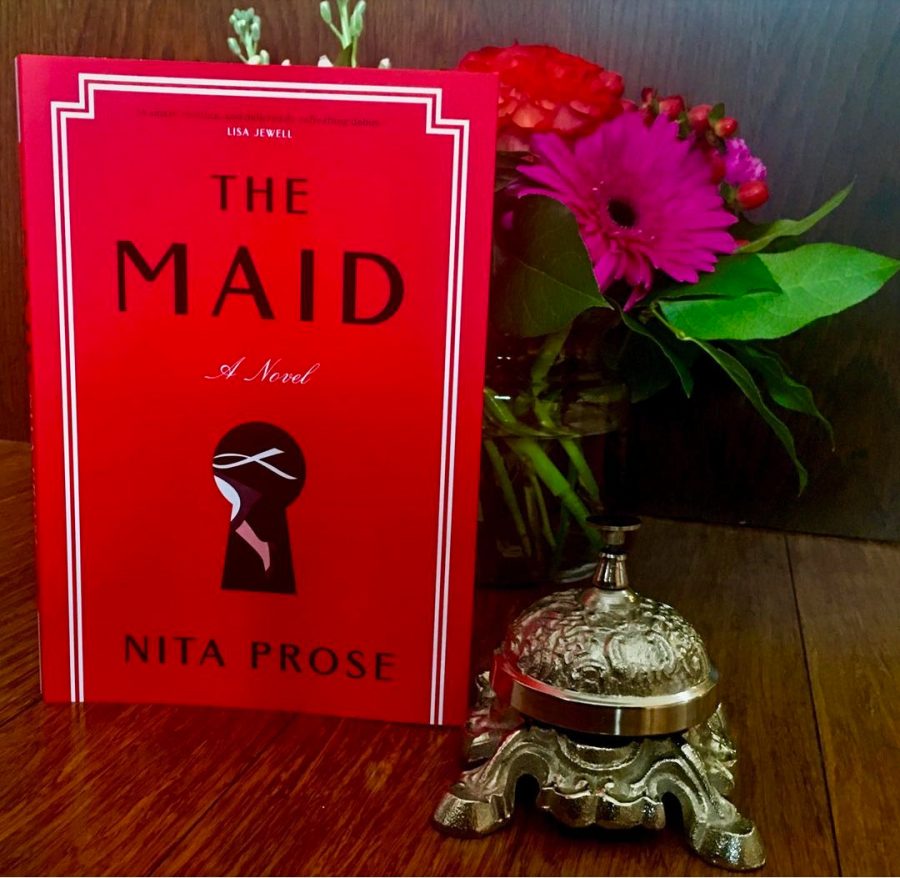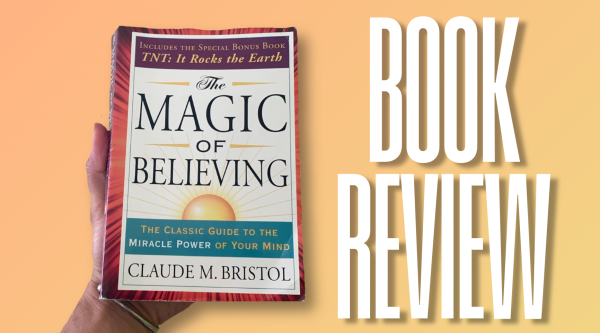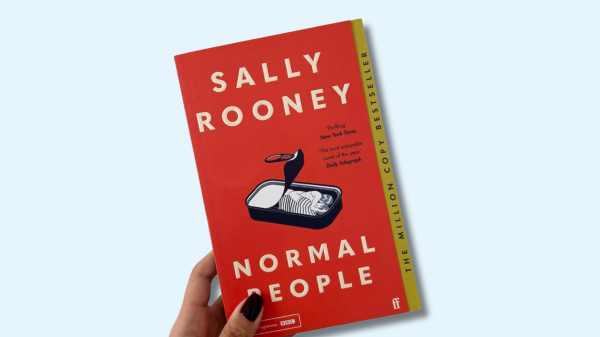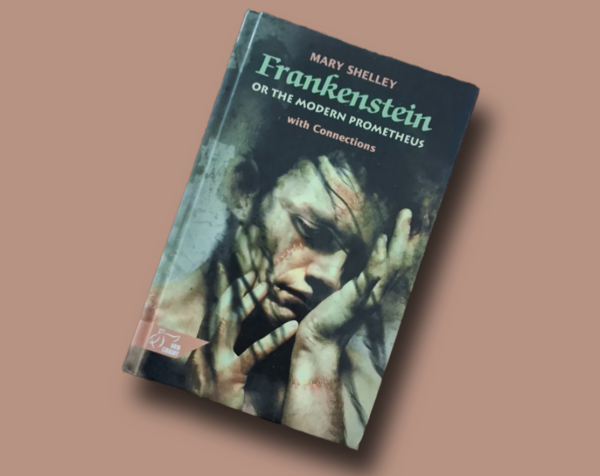“The Maid:” A Fresh Twist on Murder Mystery
“I am your maid. I know so much about you. But when it comes down to it: what is it that you know about me?”
Molly Grey has borne the criticisms of others her entire life — she’s been called a robot, a clean freak and a weirdo more times than she can count. A 25-year-old maid at the Regency Grand Hotel, Molly is exactly where she wants to be. She returns rooms to “a state of perfection,” adheres to a stringent routine and is quite happy with her simple life — until now. After the death of her Gran, Molly’s life is thrown off balance. We see how Molly clings to both her routine and almost emotionless state in order to grieve the death of her Gran, a woman who always helped Molly understand the norms of society and nuances that she could never easily pick up on.
Nita Prose’s debut novel, “The Maid,” begins by showing us how Molly deals with life’s complexities all by herself. She lives by her Gran’s words, clinging to codified advice that allows Molly to exist in the same reality as those around her. It’s why she loves her job at the Regency Grand Hotel. “The world that turns Technicolor bright,” the Regency Grand offers her stability quite like her Gran did: there’s a code of conduct that Molly can study and adopt in order to interact with coworkers and guests. Nevertheless, the world’s cruelty and bad intentions often target Molly because she consistently fails to pick up on them. She is even aware she is set apart from others. Constantly defending herself to her audience, she almost breaks the fourth wall with her seemingly blasé and stark approach to her life and circumstances.
When Molly finds the infamous Charles Black dead in his hotel room, she truly learns how cruel the world can be to those who do not fit into society’s mold. Molly cannot help but be left incredibly confused when she’s taken as the prime suspect. Taken advantage of at every turn, it is easy to sympathize with Molly’s confusion. Those whom she thought were friends completely mislead and stab her in the back. Prose even throws us back in time to flashbacks on Molly’s past, where those closest to her almost ruined her life. Tired of the world beating her down, she feels like she is “floating on air” with every trace of kindness she receives from people who are not kind in the slightest.
Although a very lovable character, there are times when it is incredibly easy to get frustrated with Molly. She ignores good advice, holds secrets and lies. But that is what makes “The Maid” a novel that can resonate with many people in society today. Molly is not above criticism because she is different. Like every human on the planet, she is flawed — something that Prose makes incredibly apparent.
Molly’s narrative is refreshing as she does not use outrageous vocabulary or narrate inane descriptions of landscapes. Instead, she describes how she overthinks interactions with people, how she always thinks people are laughing at instead of with her, and how she likes hearty muffins because she is always hungry. While sometimes a bit boring and slower to get through, the advice that Prose includes in her novel is extremely moving. Whether in the form of Gran’s codified rules or Molly’s astute observations about the world, these words apply to everyone. Prose then offers Molly as an archetype of a girl who never fits in but desperately wants to. She’s happy with her life, yet simultaneously dissatisfied. Watching Molly grow to understand the world around her and realize the importance of good friends is incredibly satisfying. When at first she sees truths and justice through a lens of black and white, Molly comes to learn that “the world is a better place seen through a prism of colors.”
Overall, the novel lacks suspense, but serves as a fascinating character study that develops over an informative plot; there is a reason “The Maid” sits on The New York Times Bestseller List.














































































































































































































Julie Ianigro • Feb 3, 2022 at 6:00 pm
Awesome review, looking forward to reading this novel.